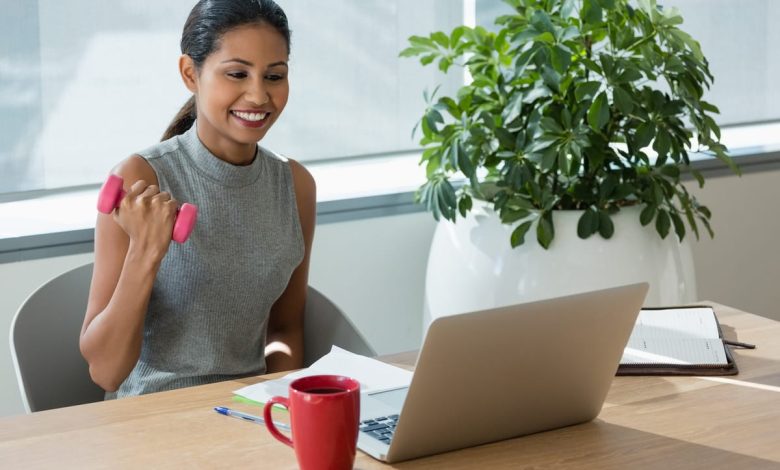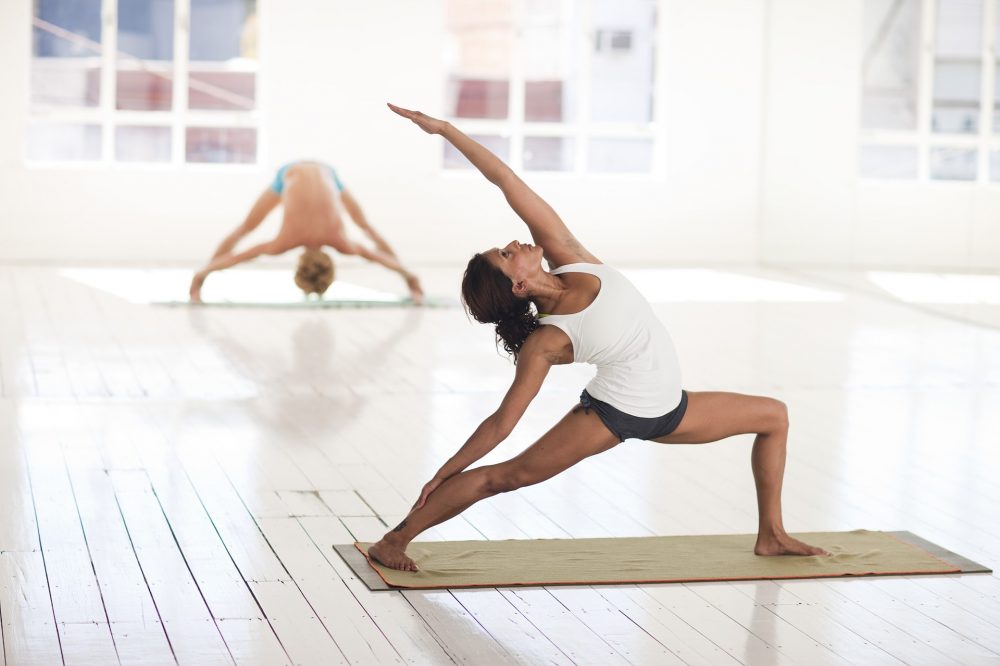
How to Stay Active if You Sit All Day for Work or Study
First, Why Sitting Too Much is a Problem
Sitting for hours every day can slowly harm your:
Posture – leading to neck and back pain
Blood circulation – causing fatigue and stiffness
Muscles – especially hips, hamstrings, and core
Mental health – sitting too long can make you feel more tired, anxious, or low-energy
Small Things You Can Do Every Day
1. Follow the 30:2 Rule
Every 30 minutes, stand or stretch for 2 minutes.
You can:
Walk to get water
Stretch your arms and legs
Do 10 jumping jacks or squats
Just stand and breathe deeply
Even 2 minutes of movement makes a big difference over time.
2. Stand While Doing Simple Tasks
Not everything needs a chair.
Try standing while:
Talking on the phone
Attending online classes or meetings (use books to raise your screen)
Reading short notes or articles
Scrolling through social media
These little changes add up.
3. Sneak in Walks Whenever You Can
You don’t need to go on long walks. Just include mini walks into your day.
Examples:
Walk while talking to a friend on a call
Take stairs instead of lifts when possible
Walk around your room or house every hour
Do a quick 5-minute walk after every meal
Your body will thank you with better digestion, mood, and energy.
4. Stretch While Sitting
Even if you’re stuck in your chair, you can still move.
Try these:
Shoulder rolls
Neck side-to-side stretches
Wrist and finger circles (great if you type a lot)
Seated spinal twist
Stretch arms overhead and take deep breaths
Simple. But surprisingly relaxing.
5. Add a Quick 5–10 Minute Workout
At the start or end of your day, try a mini routine:
10 squats
10 lunges (or marching in place)
10 push-ups (or against a wall)
30 seconds of jumping jacks
2–3 stretches
This is less than the time you take to scroll reels.
6. Plan “Movement Breaks” Into Your Day
Just like you plan your classes or meetings—plan your body breaks too.
Write it on your to-do list:
10-minute walk after lunch
2-minute stretch after every study hour
15 squats while waiting for tea to boil
Movement Helps Your Mind Too
When you move, your brain gets:
More oxygen
More alertness
Less stress
More focus
That means you’ll actually study or work better if you move more, not less.










